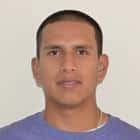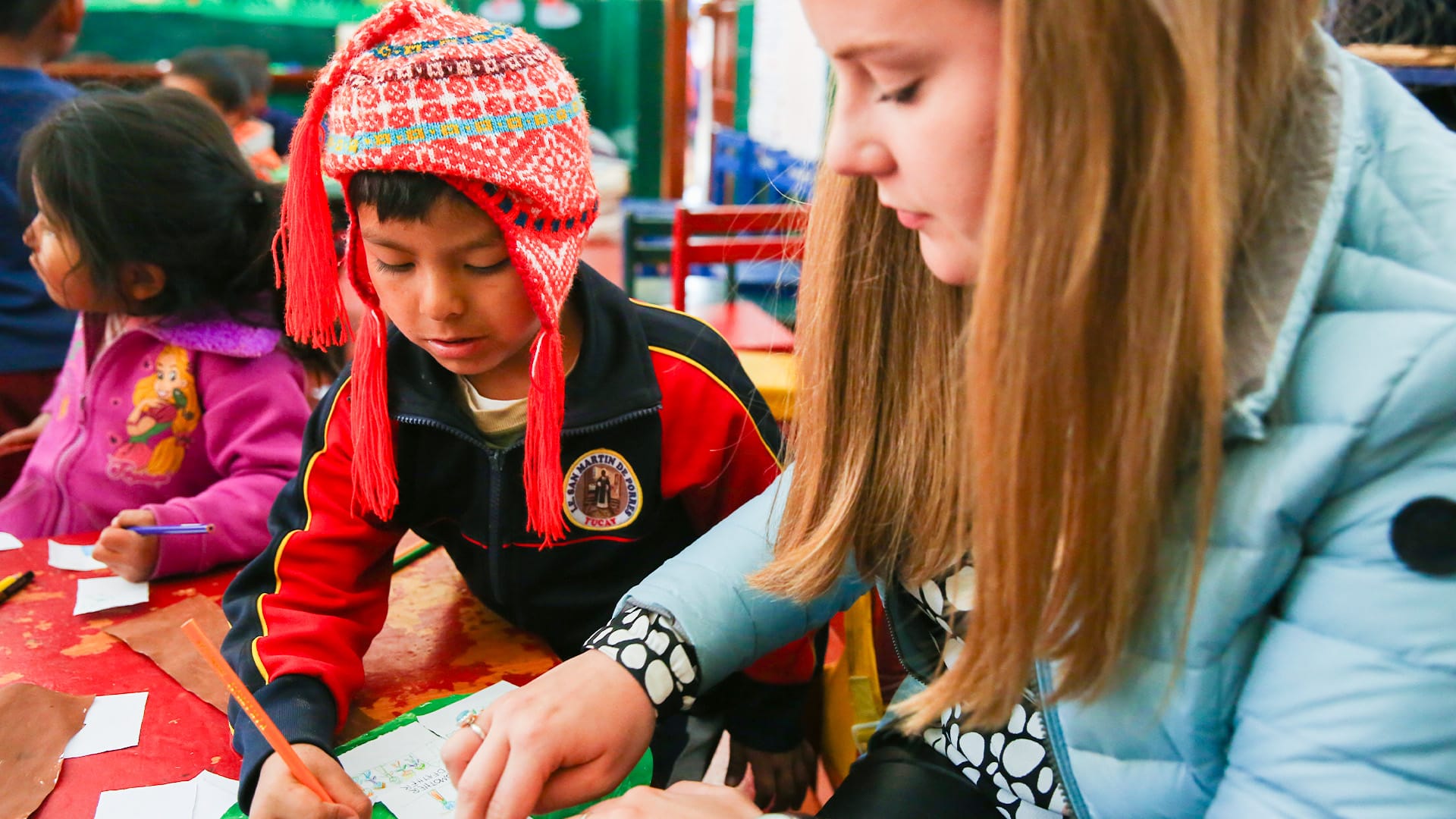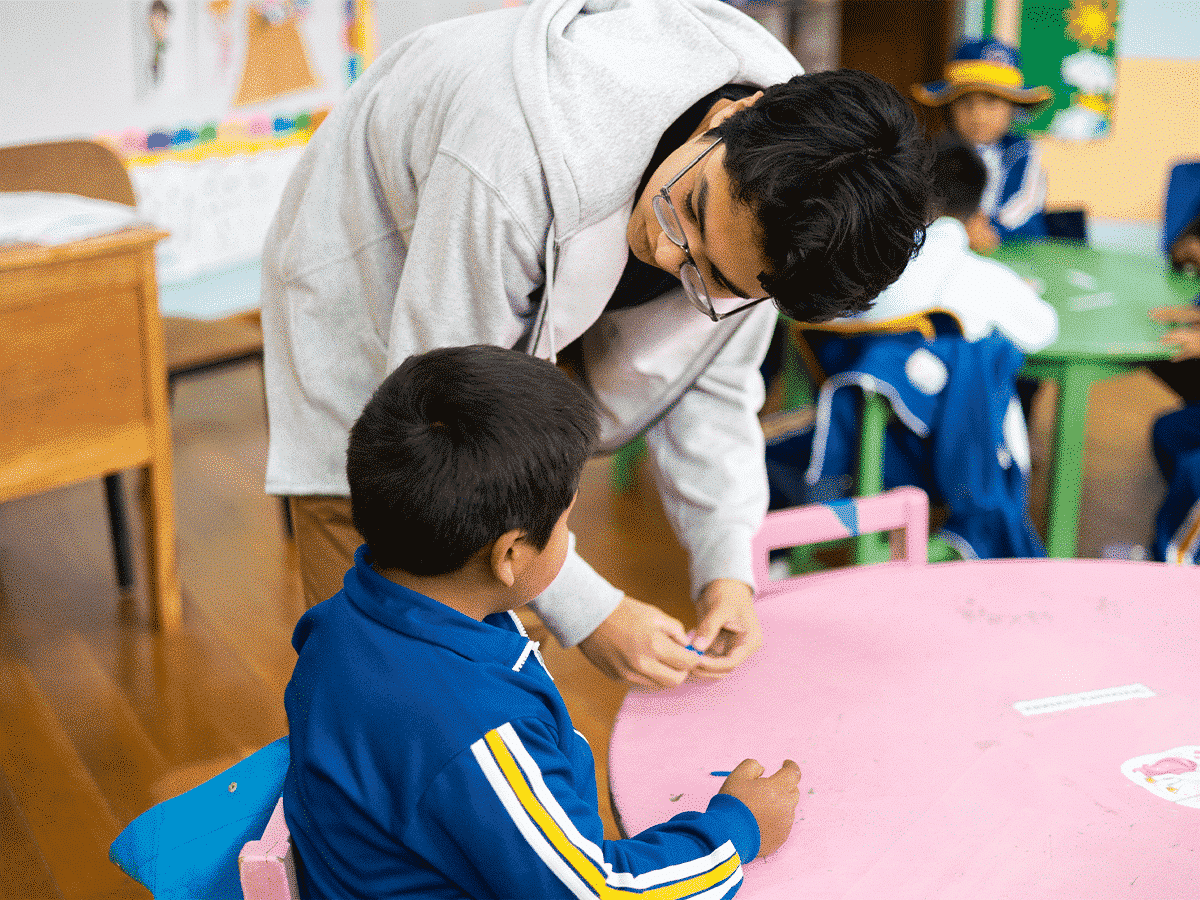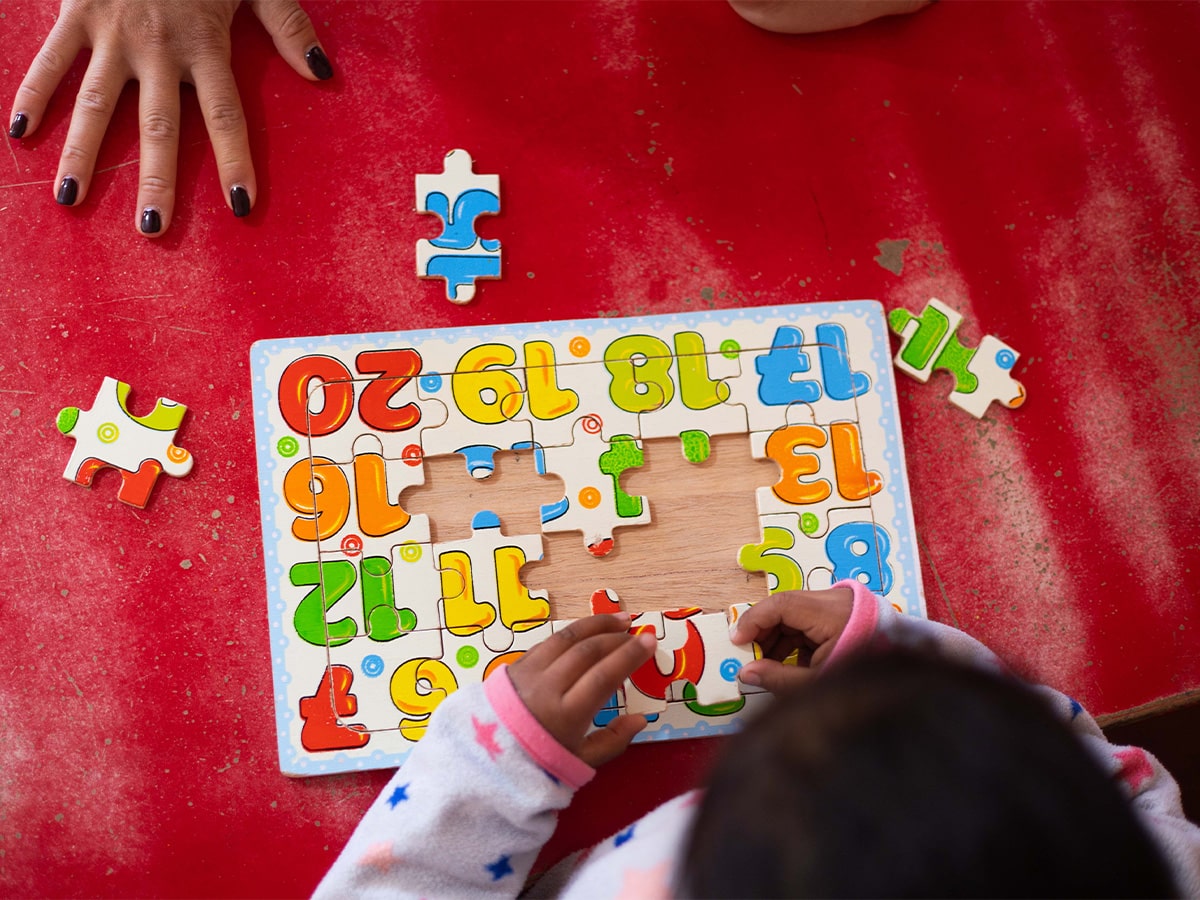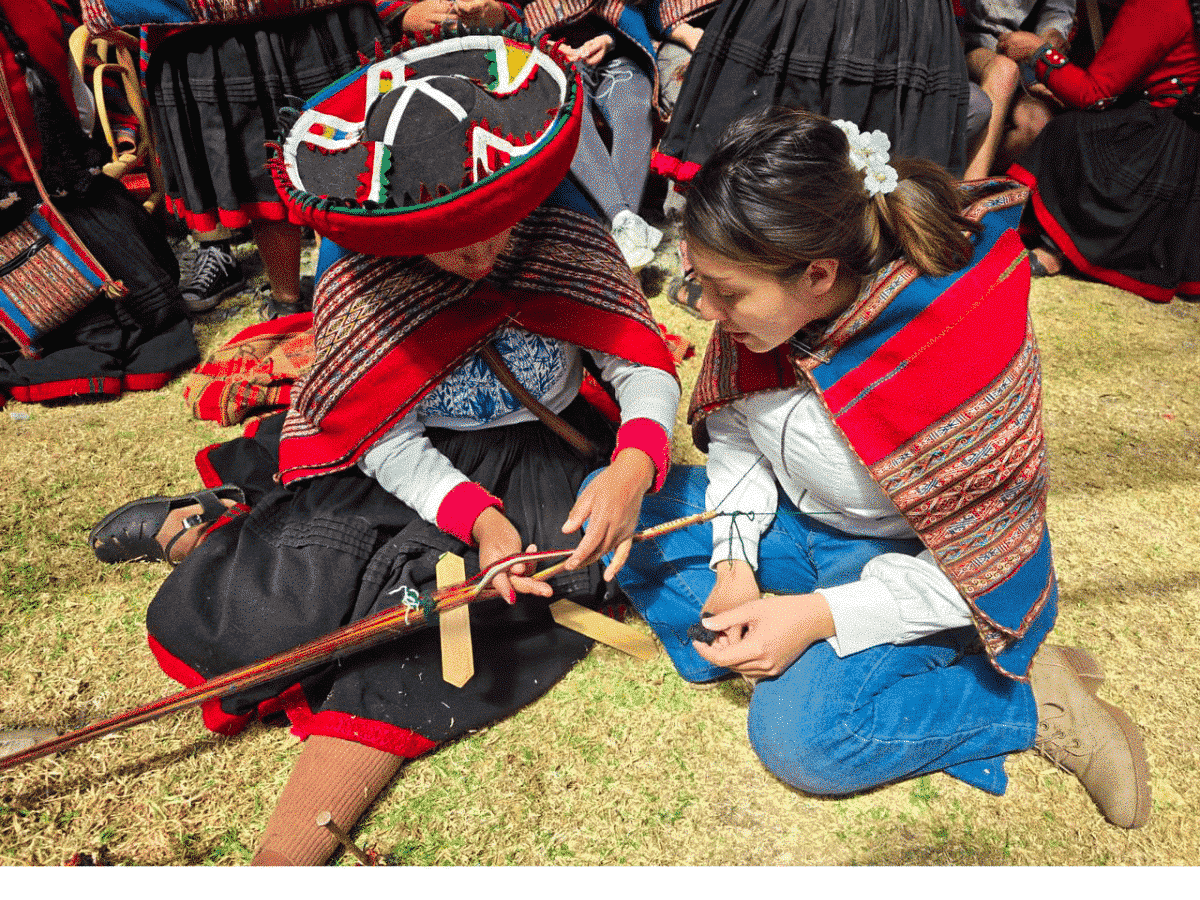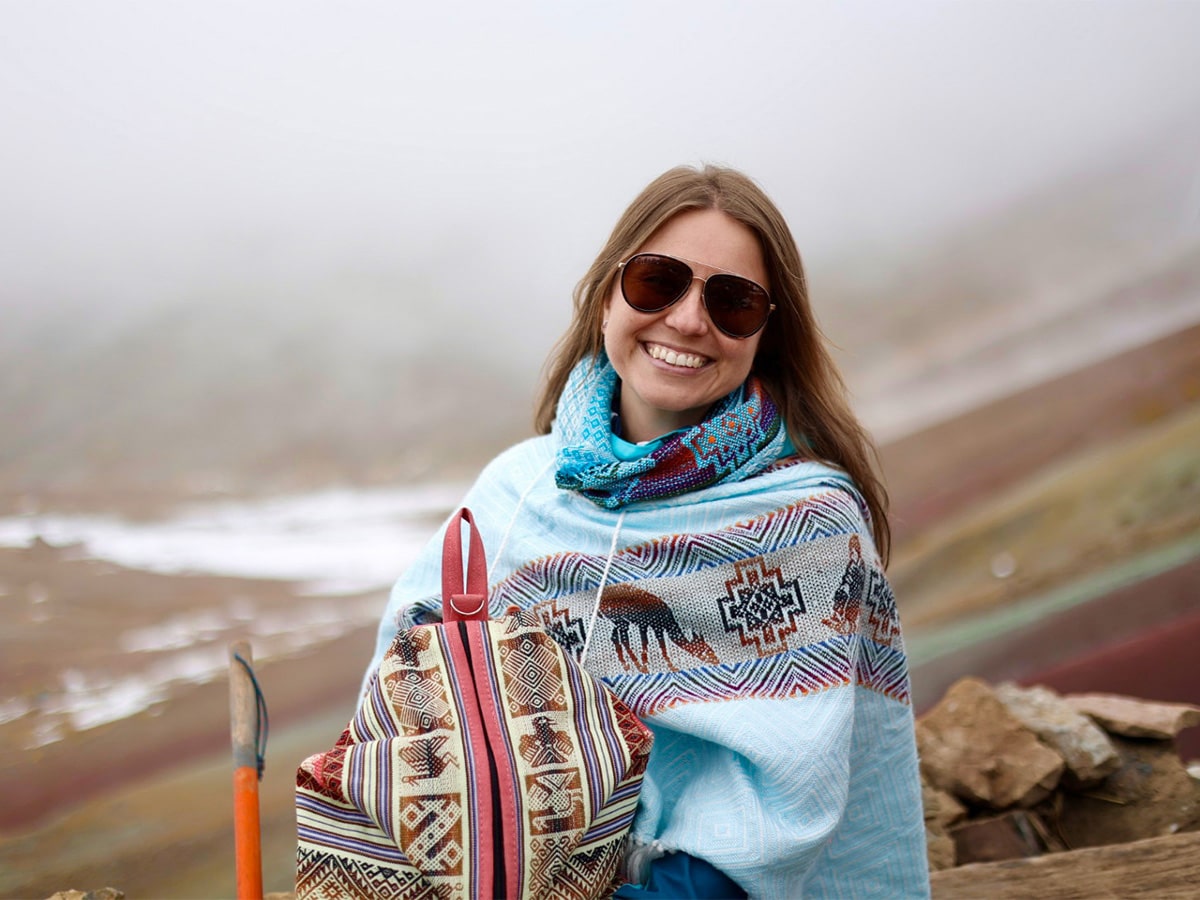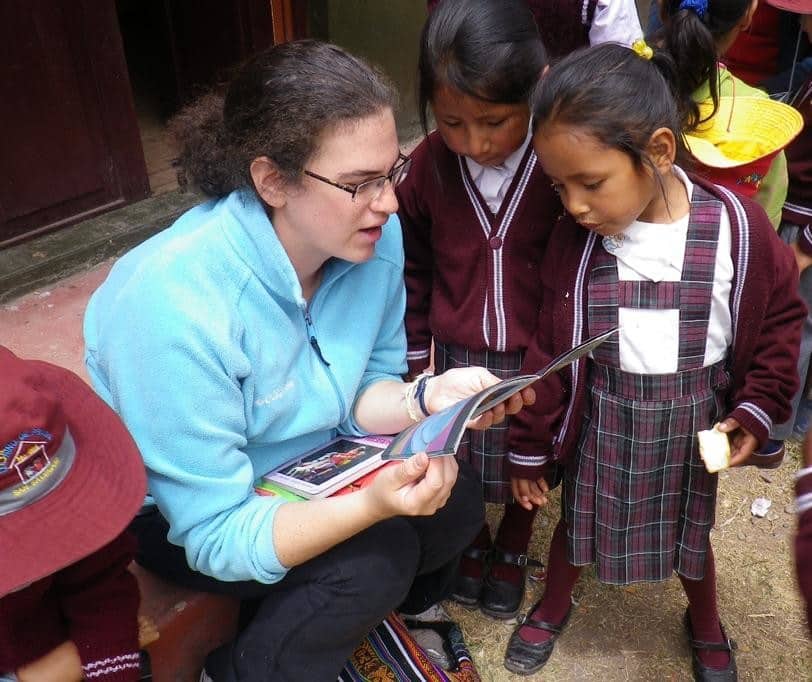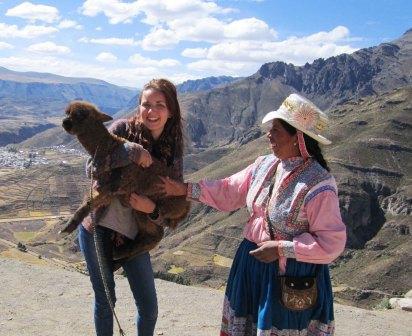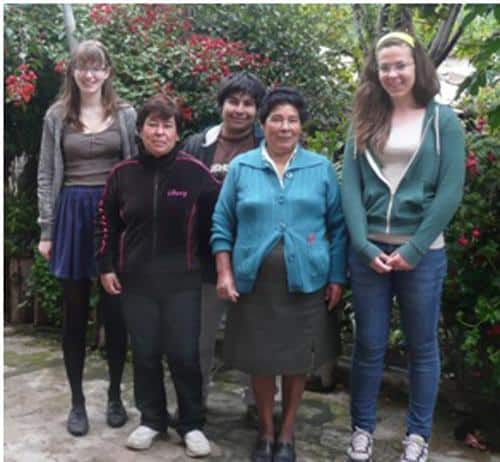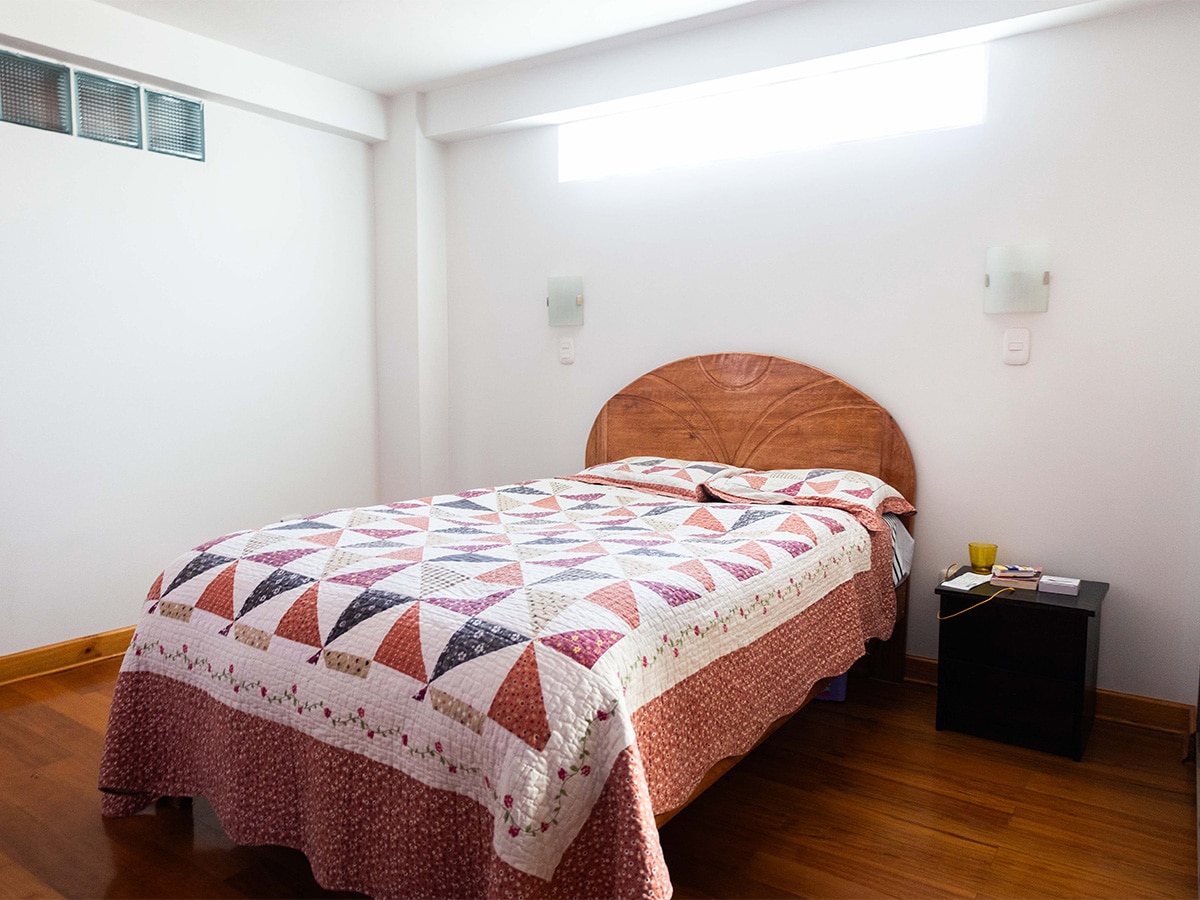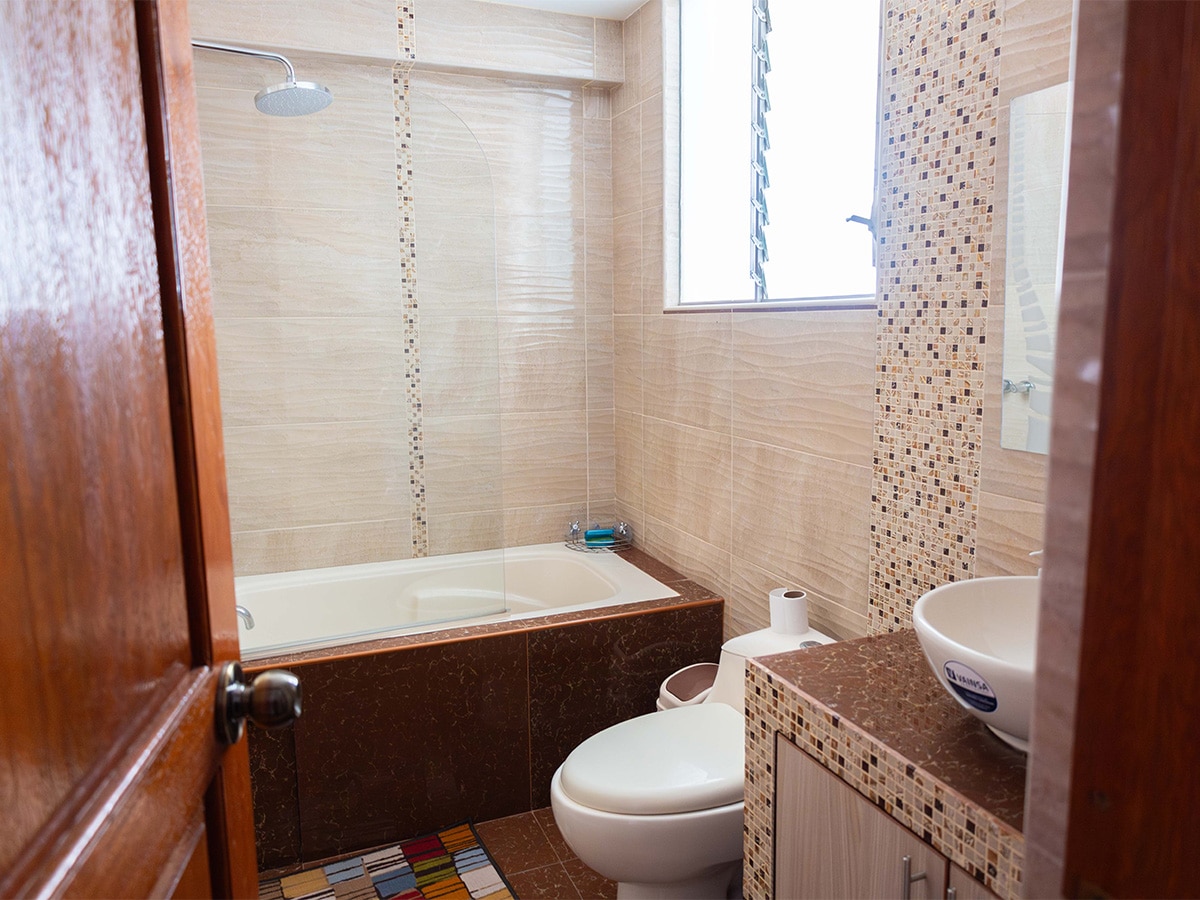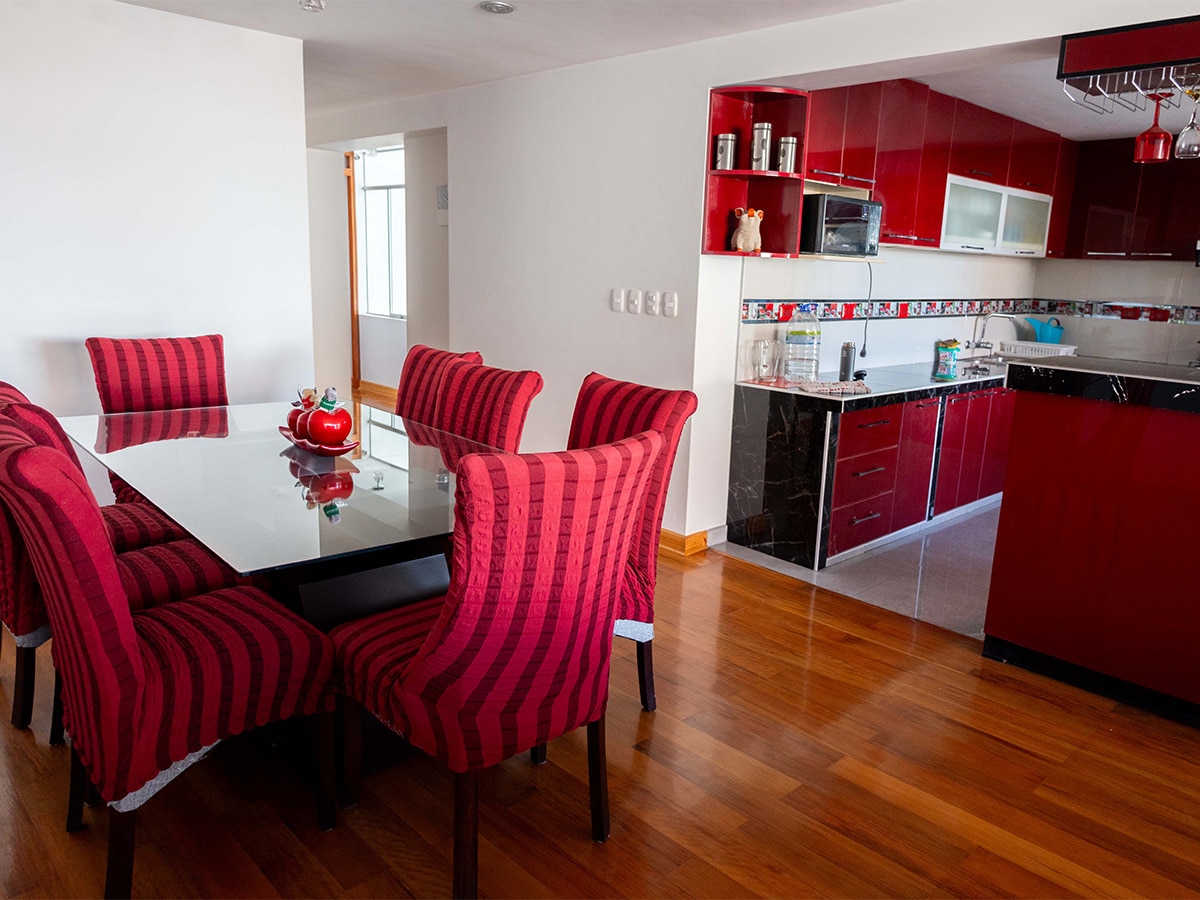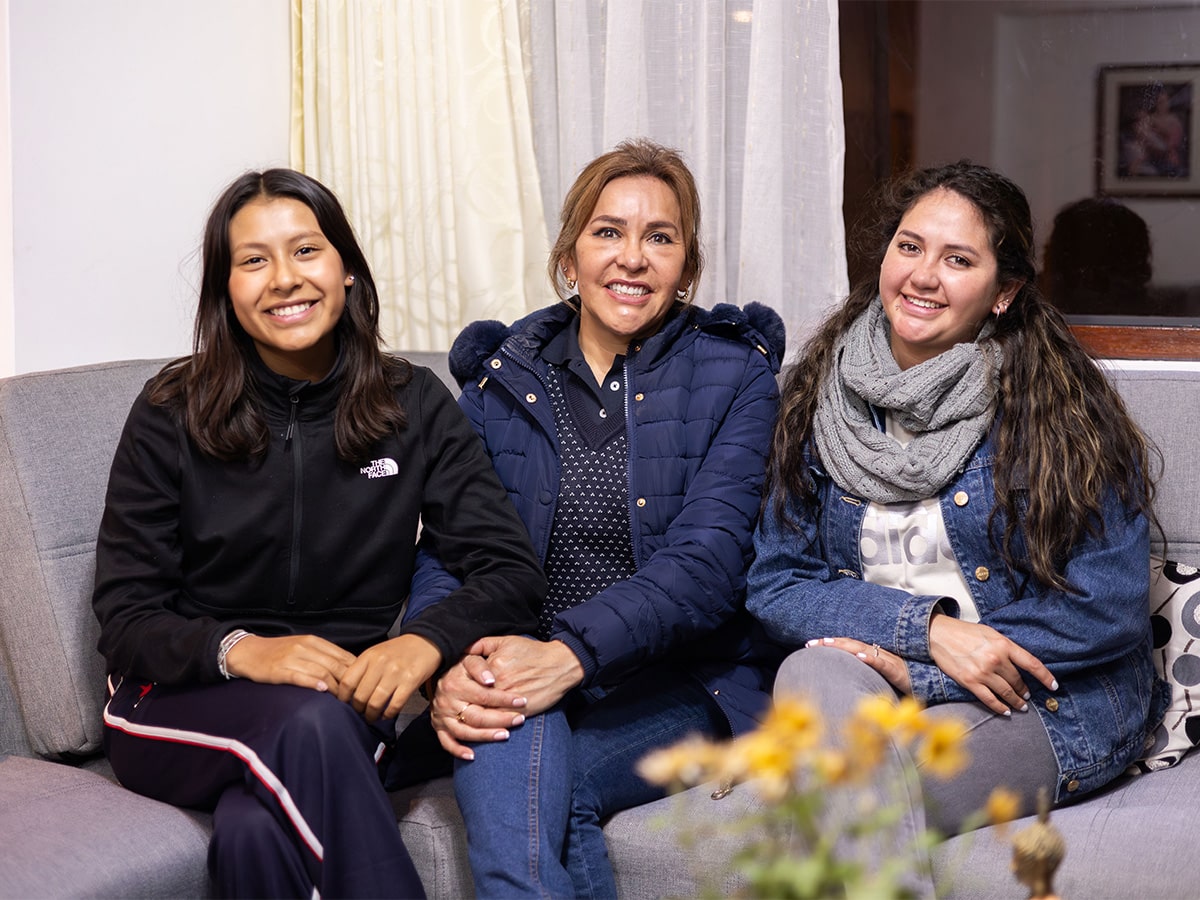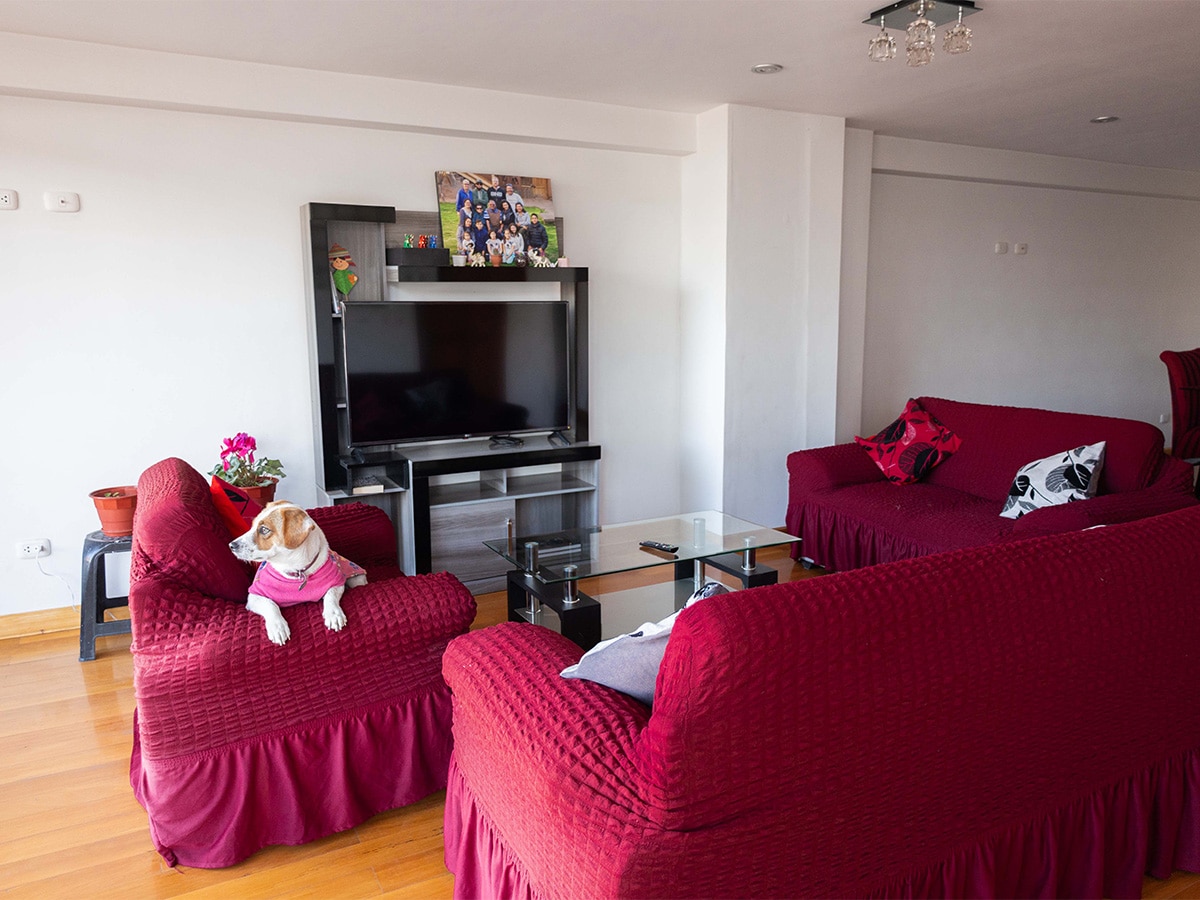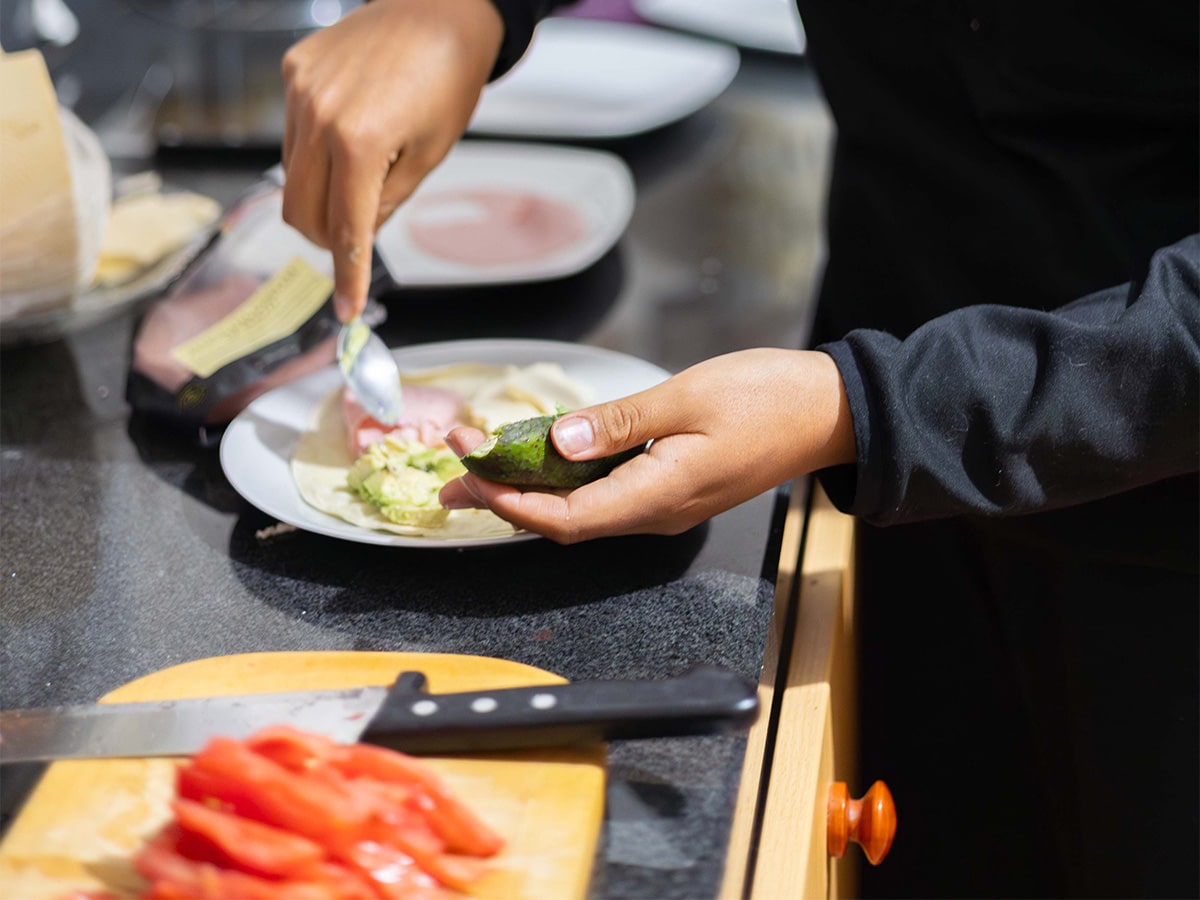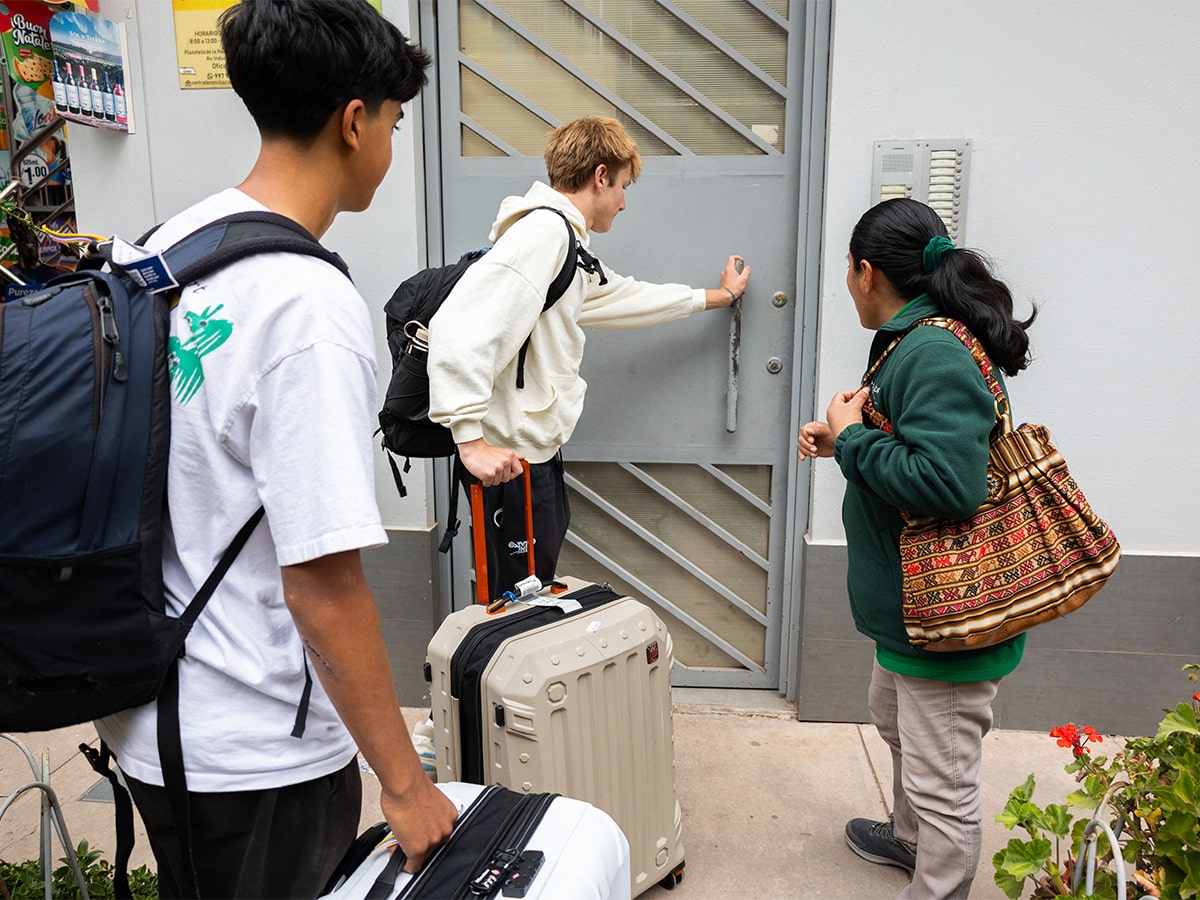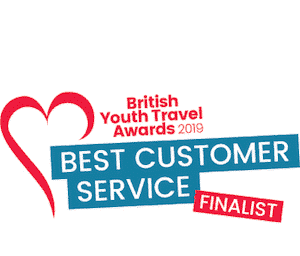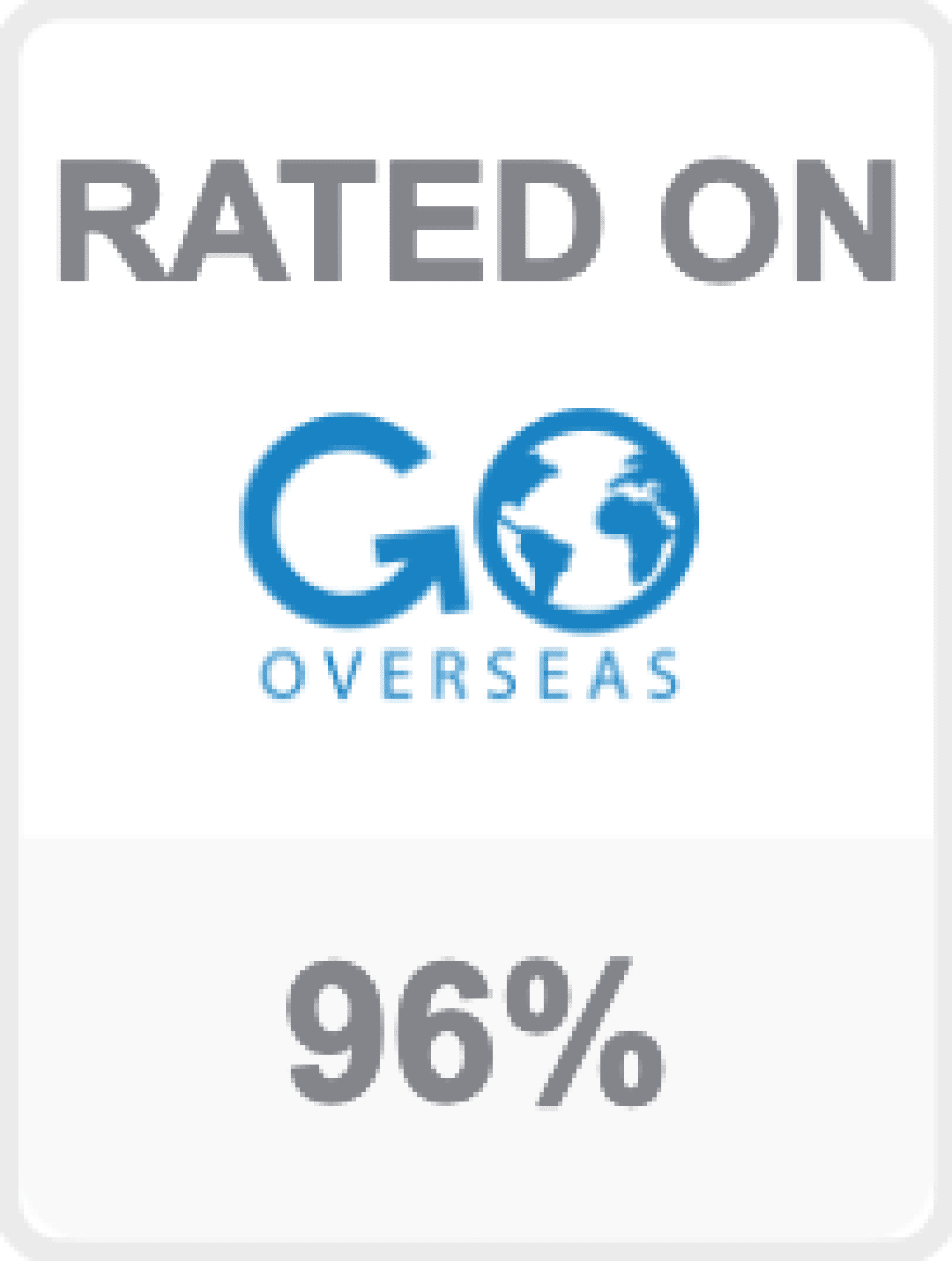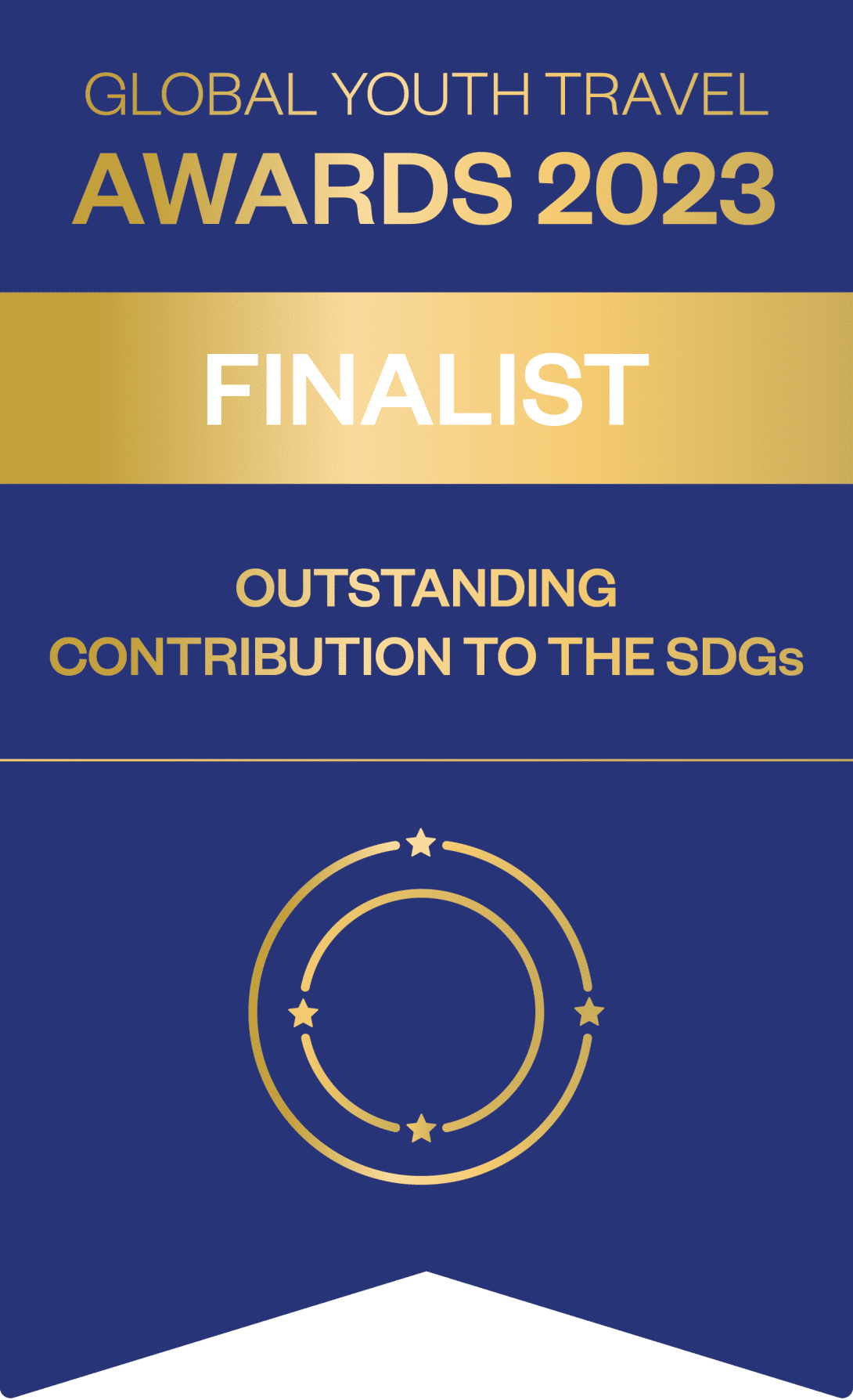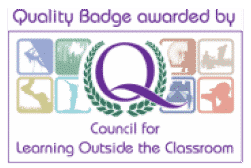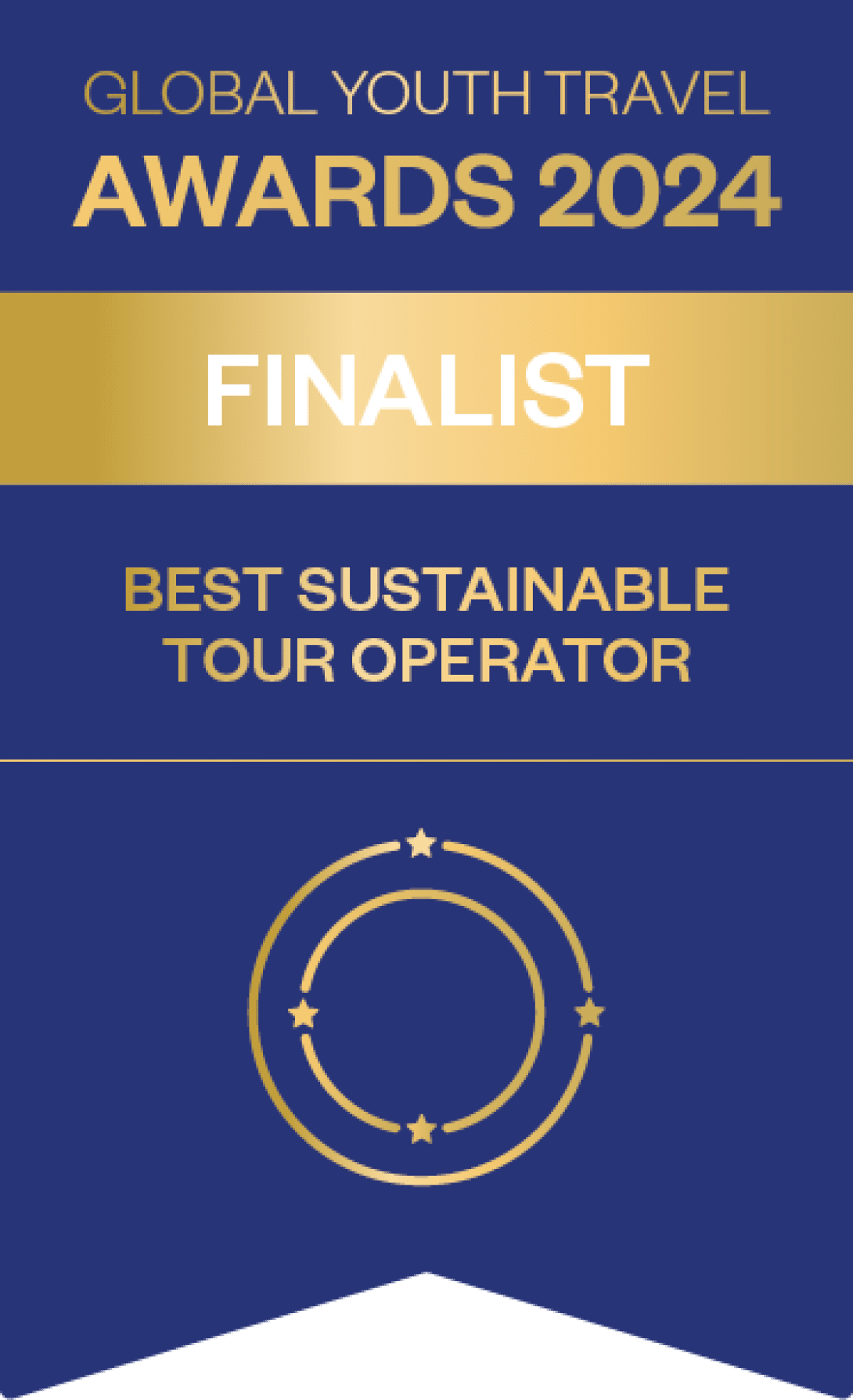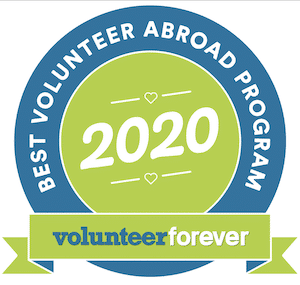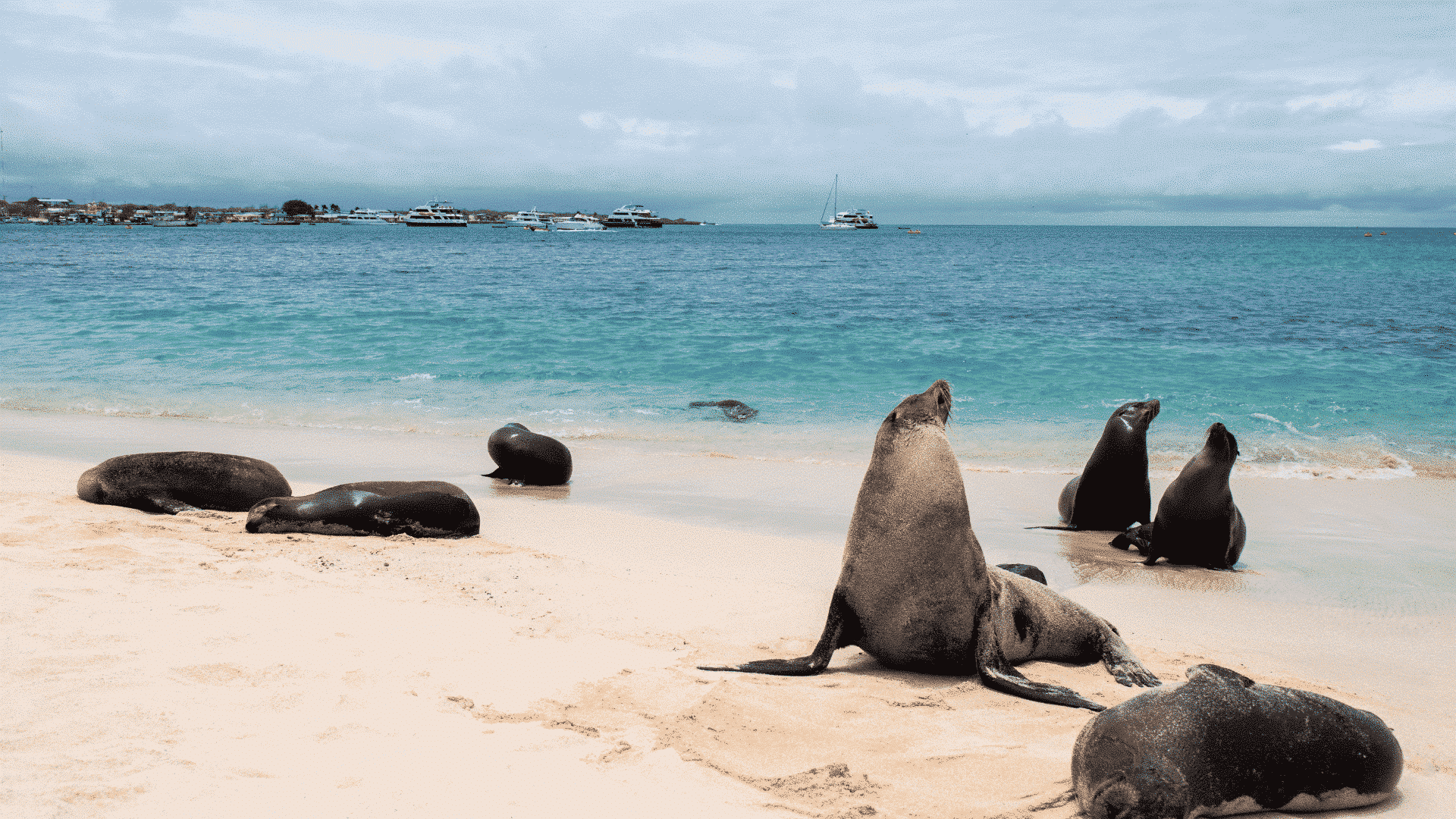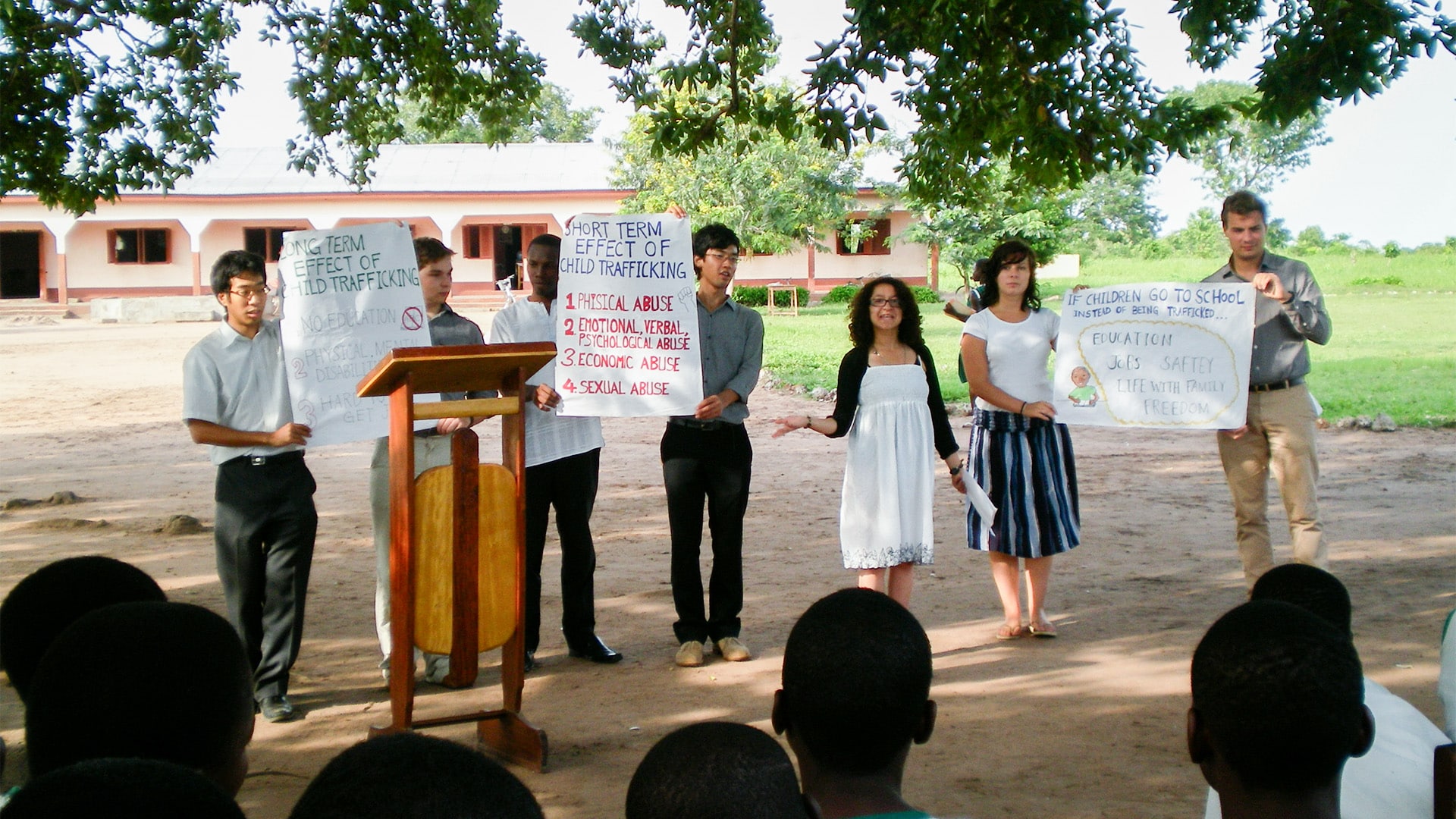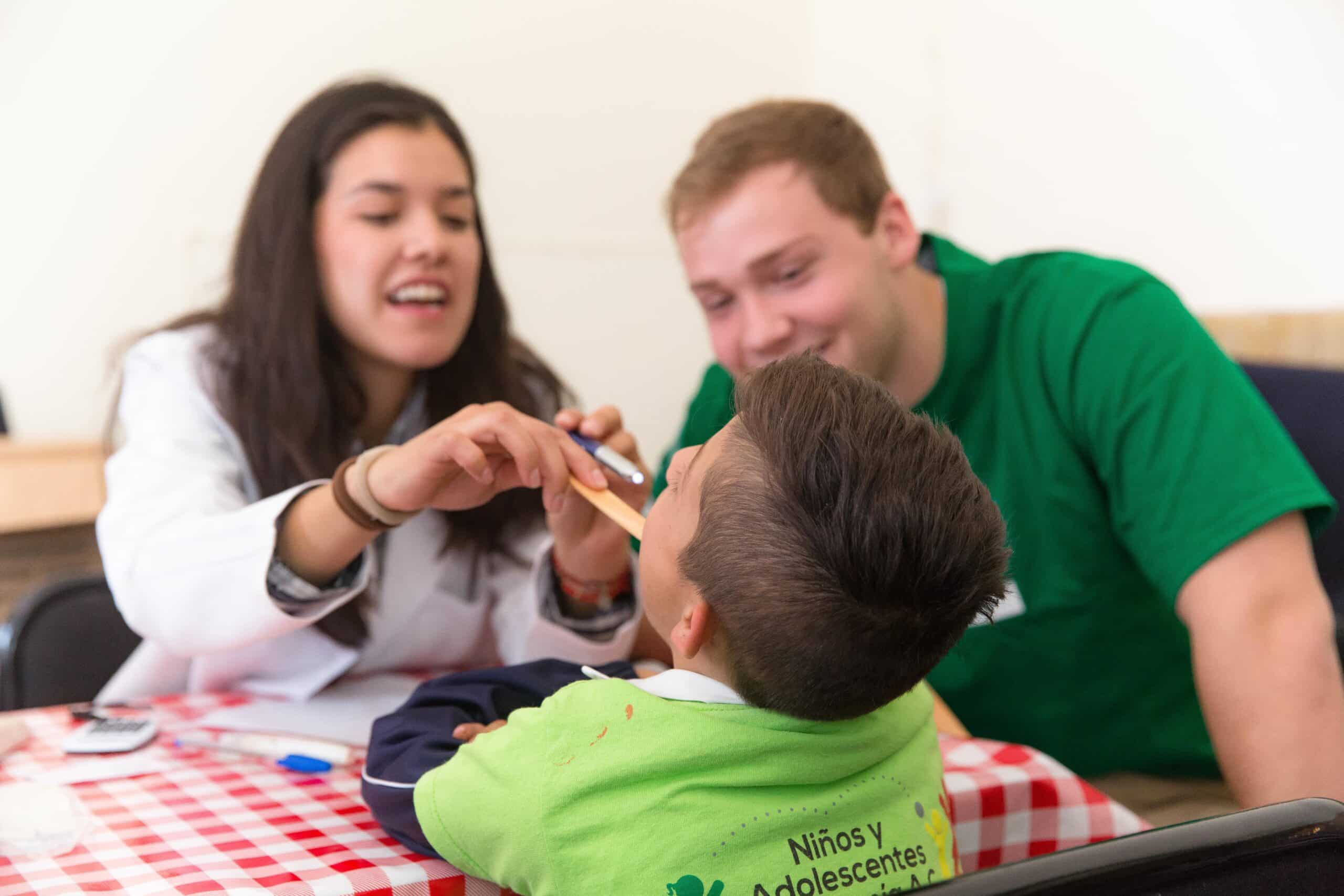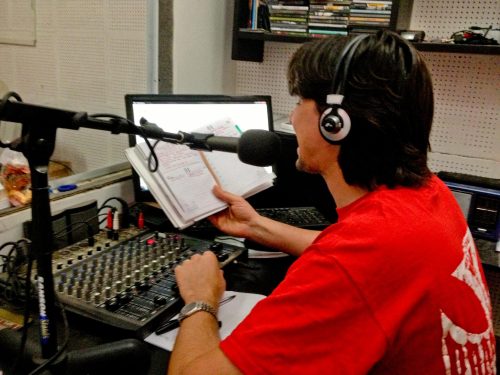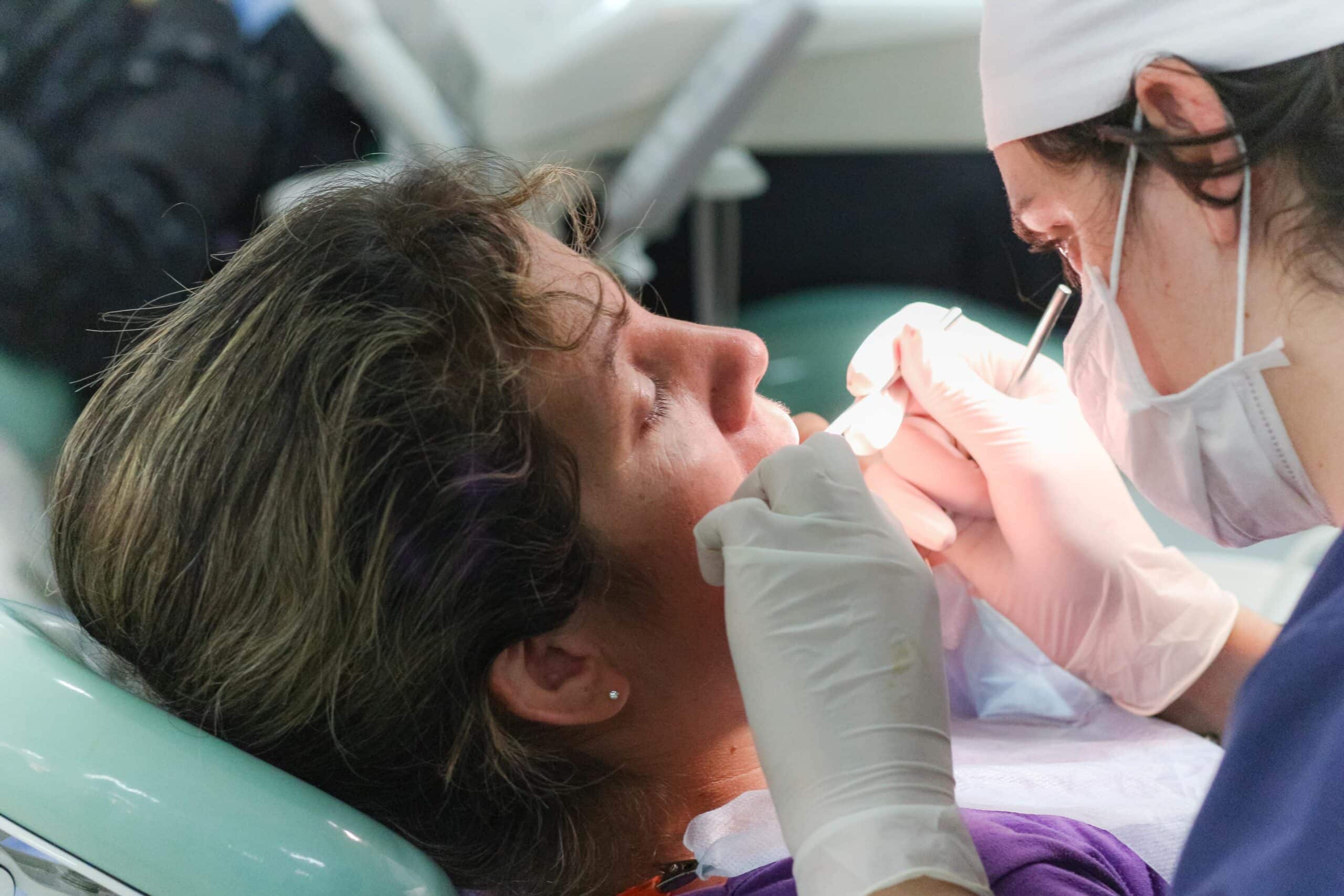Your role at your placement will focus on the following areas:
Promote early childhood development through educational activities
Children learn a great deal in their early years. These skills ensure that they can thrive as they grow up and start school. With each child we work with, we have identified areas where they need improvement. These areas are related to their physical, social, and cognitive categories.
You’ll help by running activities and games. For example, a ball game can help improve hand-eye coordination.
Help children improve literacy and numeracy
Learning the basics before they start school can boost a child’s confidence and get them off to a good start once they start school. You’ll help raise literacy and numeracy levels by doing fun, creative activities and playing games. You could also do things like singing a song about numbers to learn about counting.
Support local staff at care centres and kindergartens
As a volunteer, you’re a welcome pair of helping hands for staff at the care centres. You can assist with tasks like preparing teaching materials, planning classroom activities, and more. It’s also worthwhile to spend time creating resources like posters and flashcards. Teachers and other volunteers will be able to use these materials to teach long after you’ve left.
Encourage improved hygiene, like hand-washing and brushing teeth
An important part of your role is helping to keep the kids healthy. The best way to do this is to encourage good hygiene practices every day. Make sure they wash their hands before meals and snacks, and show them the most effective ways to brush their teeth.
Work at summer schools
If you choose to volunteer with children in Peru during the school holidays from January to February, you’ll work at a summer school. The children attending are between the ages of 7 and 14. At the summer school you’ll teach basic English, and do fun activities like arts and crafts or sports.


